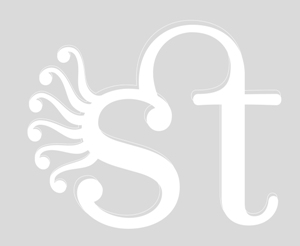Resumo em Português:
Este artigo mostra que, para compreender a palavra de ordem dos platônicos de Cambridge ("ser sóbrio e racional"), convém recolocá-la no contexto da medicina e da literatura dietéticas. O poder terapêutico conferido à razão (na cura do fanatismo religioso, por exemplo) encontra sua origem em um discurso sobre o corpo, sua saúde e suas doenças. Desde o surgimento, em 1634, da tradução inglesa do Trattato de la vita sobria de Luigi Cornaro até A doença inglesa (1733) de George Cheyne, é estreita a ligação entre a reflexão filosófica sobre a força ou a impotência da razão e o discurso normativo dos médicos que pregam a moderação e alertam os homens de letras contra os excessos de uma reflexão exagerada ou muito profunda. Nesse contexto, a razão aparece como uma faculdade de dupla face, ao mesmo tempo, poder terapêutico e fonte de desordens patológicas.
Resumo em Inglês:
This article argues that in order to understand the motto of Cambridge platonists, "be sober and reasoable", it is necessary to replace it in the context of dietetic literature and medicine. The therapeutic power attributed to reason (in cure of religious fanatism, for example) originates in a discourse about the body, its health and its diseases. The article puts into light the close link between the philosophical reflection on the power or weakness of reason and the normative discourse of the physicians who preach moderation and warns intellectuals against an excess of abstruse and too profound use of reason. In this context, the reason appears as a double faculty, that is first as a therapeutic power and secondly as a source of phatological disorders.
